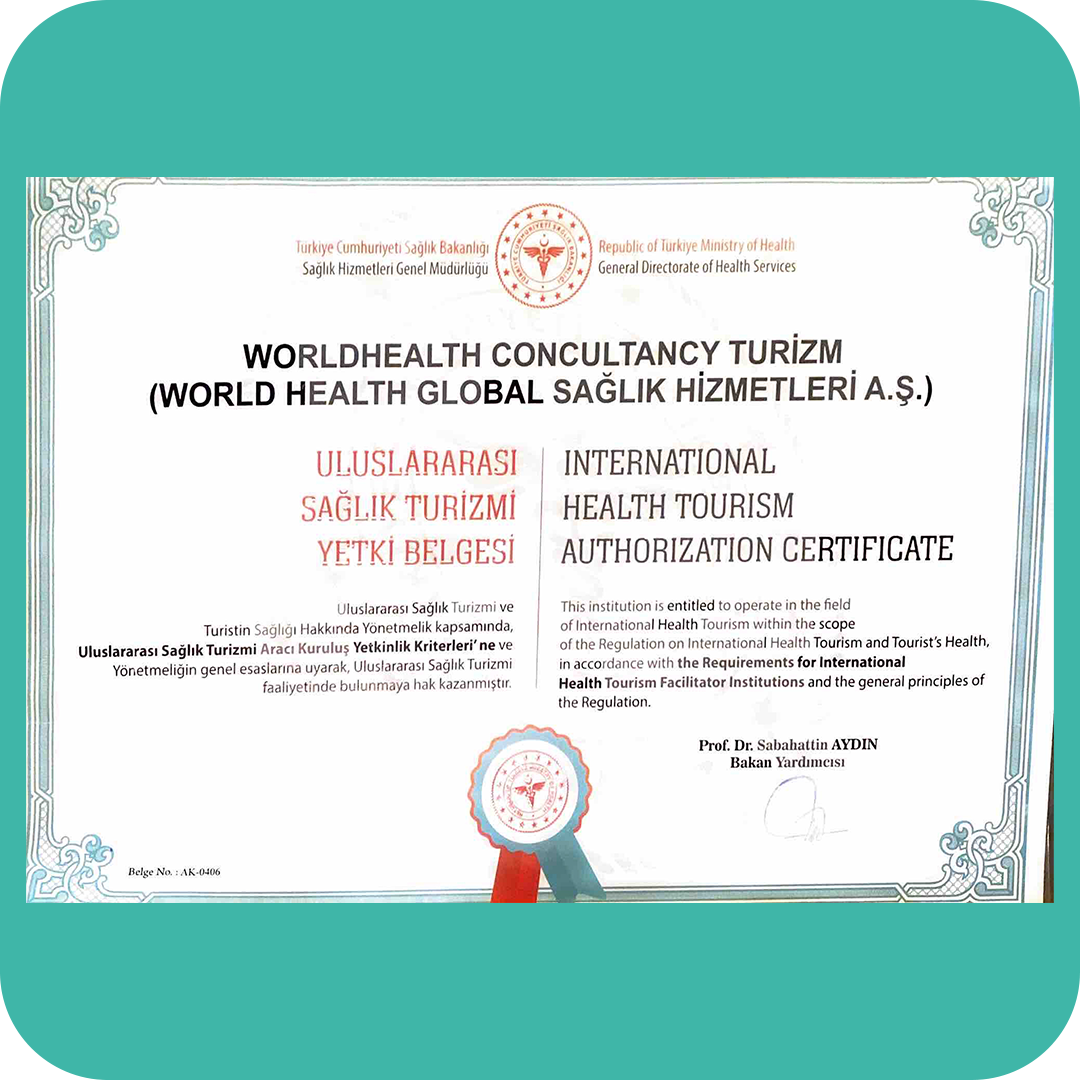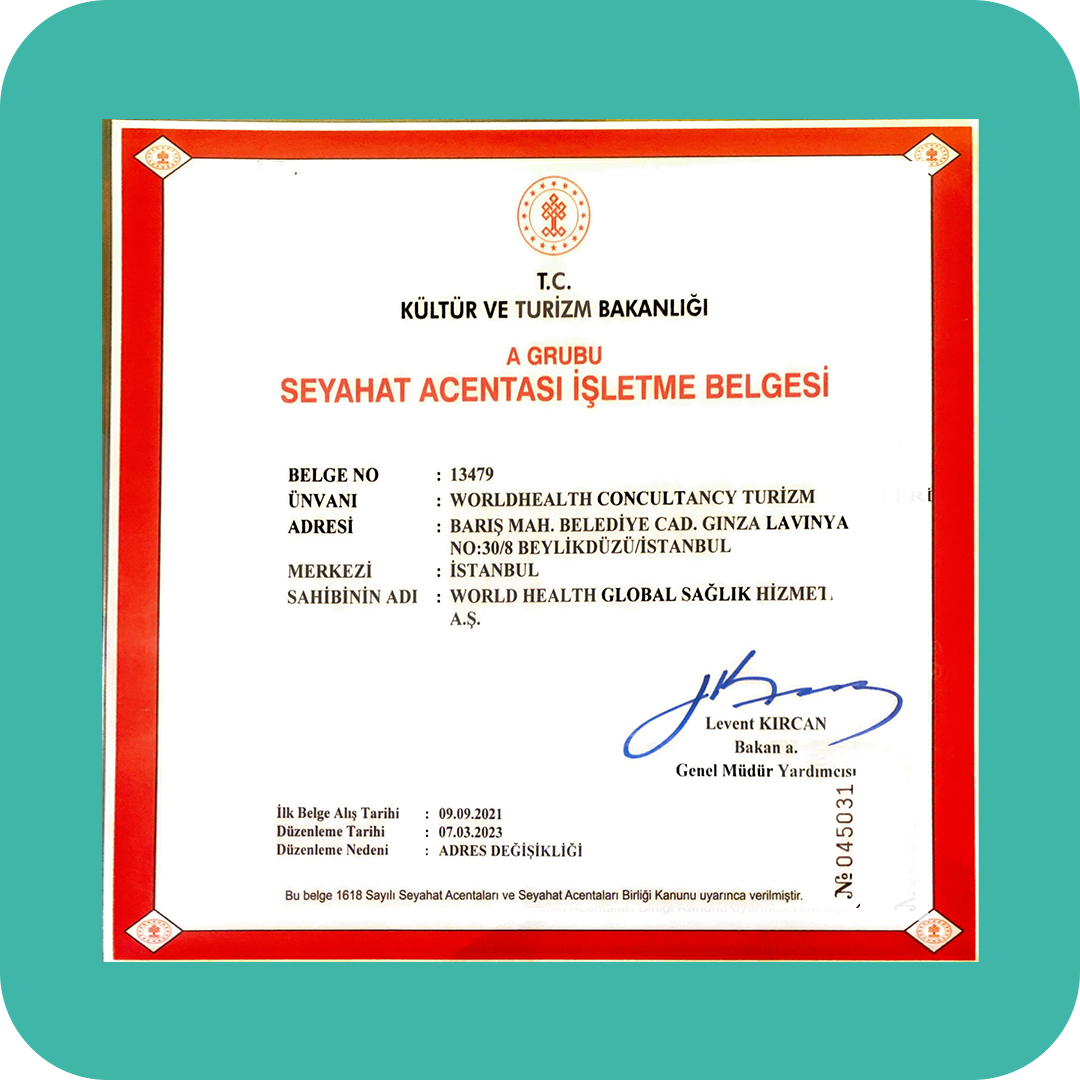Stomach Reduction Surgeries
In Turkey, various methods come to mind when discussing stomach reduction surgeries.
Sleeve Gastrectomy
Among the most popular stomach reduction methods, sleeve gastrectomy appeals to those seeking significant weight loss. This procedure involves removing approximately 70% of the stomach, thus directly reducing its capacity to absorb food and liquids. It yields the best results in treating obesity and can also effectively manage conditions such as Type 2 diabetes and delayed gastric emptying. Suitable for patients aged 18 to 65, candidates should have a body mass index (BMI) over 35. The risks, such as excessive bleeding and infection, are rare.
Gastric Band
In this method, a silicone band is placed around the stomach. After the surgery, the size of the stomach’s passage is adjusted. The band divides the stomach into two parts, resembling an hourglass. The smaller upper section quickly reaches fullness, causing the person to eat less. Post-surgery issues like vomiting, constipation, and hair loss may occur but typically resolve quickly. To ensure successful weight loss, patients must follow a proper diet after the operation. The gastric band boasts a nearly 100% success rate.
Gastric Bypass Surgery
In this procedure, the upper part of the stomach is directly connected to the small intestine, creating a new pathway for food. This smaller stomach allows people to eat less and feel full faster, reducing both food intake and nutrient absorption. It lowers the risks of several conditions, including diabetes. However, patients who do not adhere to post-surgery dietary guidelines may experience vitamin and mineral deficiencies.
Intragastric Balloon
During this procedure, an empty balloon is inserted into the stomach and filled with liquid. This method reduces food consumption since the stomach remains partially full. As it is not a surgical procedure, patients can quickly return to their normal lives. The operation is brief, with minimal non-severe side effects.
Gastric Botox
Botox is injected into specific areas of the stomach to limit muscle contractions and delay gastric emptying. This reduces the patient’s appetite. The advantages include its non-surgical nature and short duration. There are no known side effects.
By offering these diverse and effective stomach reduction methods, Turkey Cares aims to provide comprehensive solutions for individuals struggling with obesity, ensuring they can achieve and maintain a healthier weight.






 WHATSAPP
WHATSAPP